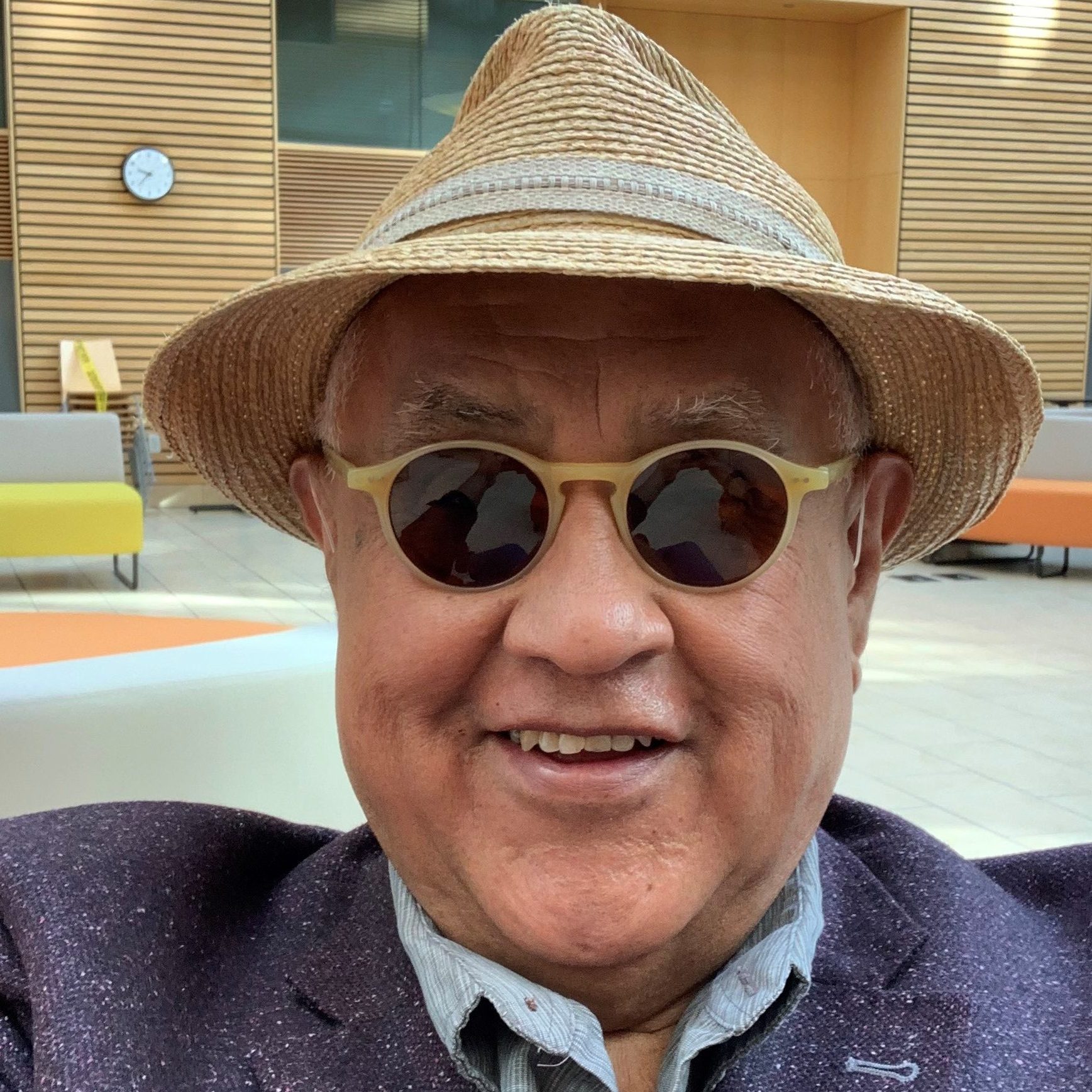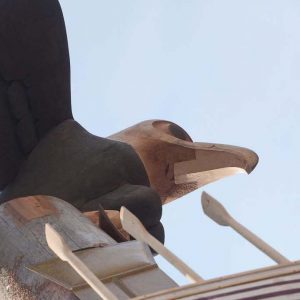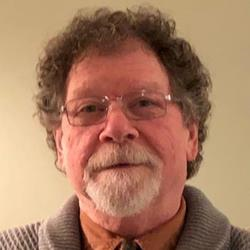Register for our second in-person Indigenous Speakers Series session on Tuesday, September 23rd, 2025, from 9:00 am to 4:00 pm (PT) at the UBC Vancouver campus (venue to be determined). In this unique event, we are honoured to welcome members of the Ditidaht First Nation Chief & Council, including the Nation’s Treaty Negotiator. You are invited to learn from their perspectives and experiences on how to best engage with a BC First Nations community in an era of truth and reconciliation.

Topic: Dubayaax a ts’awalk – Everything Is One: The Ditidaht First Nation Speaks About the Need for Meaningful Engagement & Relationship Building
Date: Tuesday, September 23rd, 2025
Time: 9:00 AM – 4:00 PM (PDT)
In person location: UBC Vancouver Campus (exact venue to be determined).
Live Stream | Register to receive the webcast link closer to the event date.
Description
Written by Derek K Thompson – Čaabať Bookwilla | Suhiltun , Director, Indigenous Engagement
In my role with the UBC Faculty of Medicine, I am often asked how to best engage with First Nations – Indigenous communities. There is an intense interest in establishing and sustaining meaningful relations with Indigenous—First Nations, Inuit, Métis—communities in an era of truth, reconciliation, and redress. There’s an equal intensity for Indigenous peoples and communities to reciprocate these efforts with the interest to further a number of key academic goals including recruitment, research, cultural safety, and inclusive excellence.
In addition to holding the title of hereditary chief in my family and community, I am also an elected member of the Chief & Council for the Ditidaht First Nation. I am fortunate and honoured to be working with Chief Judi Thomas, fellow Council Members — Ms. Christina Joseph, Ms. Shelley Edgar, and Mr. Terry Edgar—and Mr. Robert Joseph, Treaty Negotiator. I have invited these great, good people to come and speak to their perspectives and experiences on how to best engage with a BC First Nations community in an era of truth and reconciliation.
You are invited to bear witness to how we, as First Nations, understand this important work within the context of our culture, our ceremonies, our spiritual work, and the way that we do things in our communities. You are invited to be a part of our efforts to heal, to come together, to work with each other, and to anchor our commitments to do and be better. You are invited to experience the unique features of our culture, our identity, and our sensibilities around this important work. You are all invited to be a part of telling the truth, of reckoning with the truth, and reconciling for the present and for the future.
Speakers
- Chief Judi Thomas
- Councilor Christina Joseph
- Councilor Shelley Edgar
- Councilor Terry Edgar
- Mr. Robert Joseph, Treaty Negotiator
Bios and photos coming soon — stay tuned!
Cultural Support

Shane Pointe – Ti-te-in
Speaker & Cultural Support
Ti-te-in | Sound of Thunder – Shane Pointe is a Musqueam Knowledge Keeper, and his motto is Nutsamaht! – We are one. Ti-te-in is a proud member of the Salish Nation, the Pointe family, and the Musqueam Indian Band. In addition to being a proud grandfather and a great-grandfather, he is a facilitator, advisor, traditional speaker, and artist. Shane has worked for five different school boards, Corrections Canada, Simon Fraser University, The University of British Columbia, and the First Nations Health Authority. He provides advice and guidance on ceremonial protocols for local, national and international cultural events.
Moderators

Derek K Thompson – Čaabať Bookwilla | Suhiltun , Director, Indigenous Engagement

Maï Yasué, Associate Director, Office of Respectful Environments, Equity, Diversity & Inclusion
What Will I Learn?
You will learn about the unique perspectives and experiences about the context of truth, reconciliation and redress from members of a BC First Nation Chief & Council.

Continue Learning
“The time to make things happen is now. The time to seek out our individual and shared power is now.”
Learn more about REDI’s Indigenous Initiatives here
Discover more about REDI’s Indigenous Initiatives Speakers Series here
Find REDI’s Indigenous-Specific Resources here





































